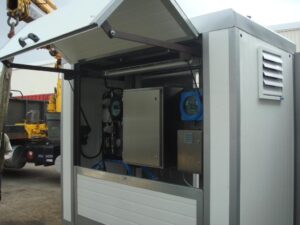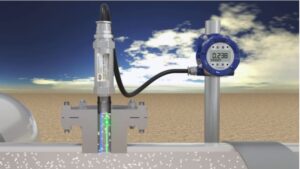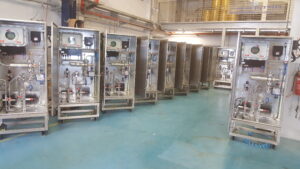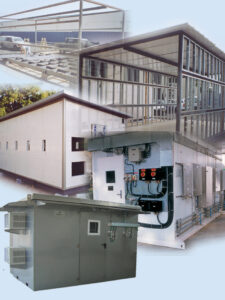Natural Gas
The wide range of various organic and inorganic components makes it difficult to determine natural gas qualitatively and quantitatively. There is a very exact definition of quality together with exact control in the international natural gas business to guarantee that delivery agreements are exactly observed.
Modcon provides the following solutions for natural gas projects:
- SCADA Solutions for natural gas pipelines
- Natural gas analyzer systems for measurements of gas chemical composition, molecular weight, Oxygen content, Wobbe index and Upper Calorific Value, Concentration of Hydrogen Sulfide (H2S), Hydrocarbon Dew Point (HDP), and Water Dew Point (WDP)
- Field instrumentation for quantitative measurements and control
- Pipeline security systems for real-time control of activities around the perimeter
- Communication networks to acquire field data to the Control room master station which allows the operator to view current or historical data, alarm messages, and issue controls to field equipment.

For further details and specifications
Choose the PDF files to download
MOD-1022 Ethylene Gas Analyzer
MOD-1022 Natural Gas Analyzer
MOD-1040 Oxygen Analyzer
Download PDF
Please choose at least one file







